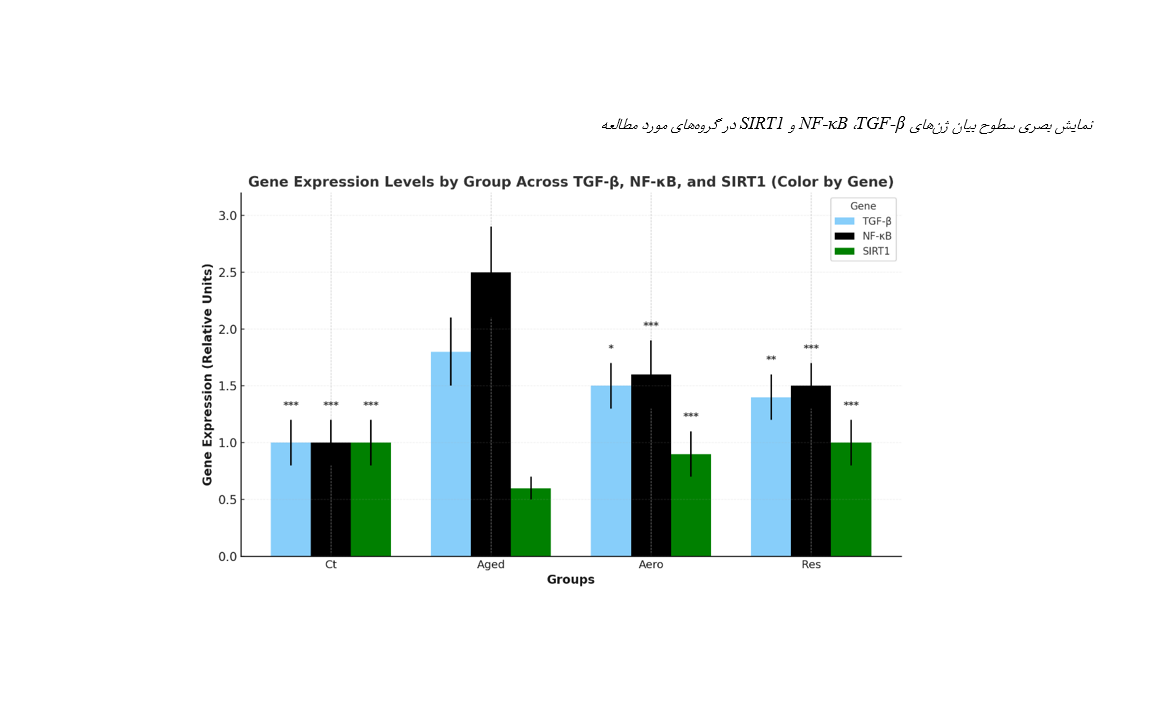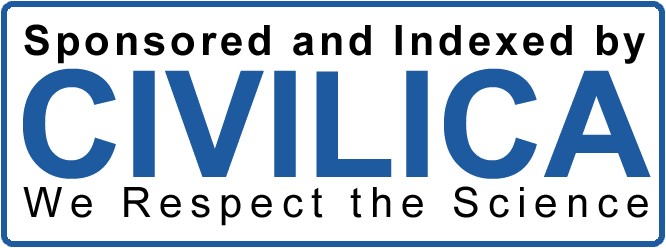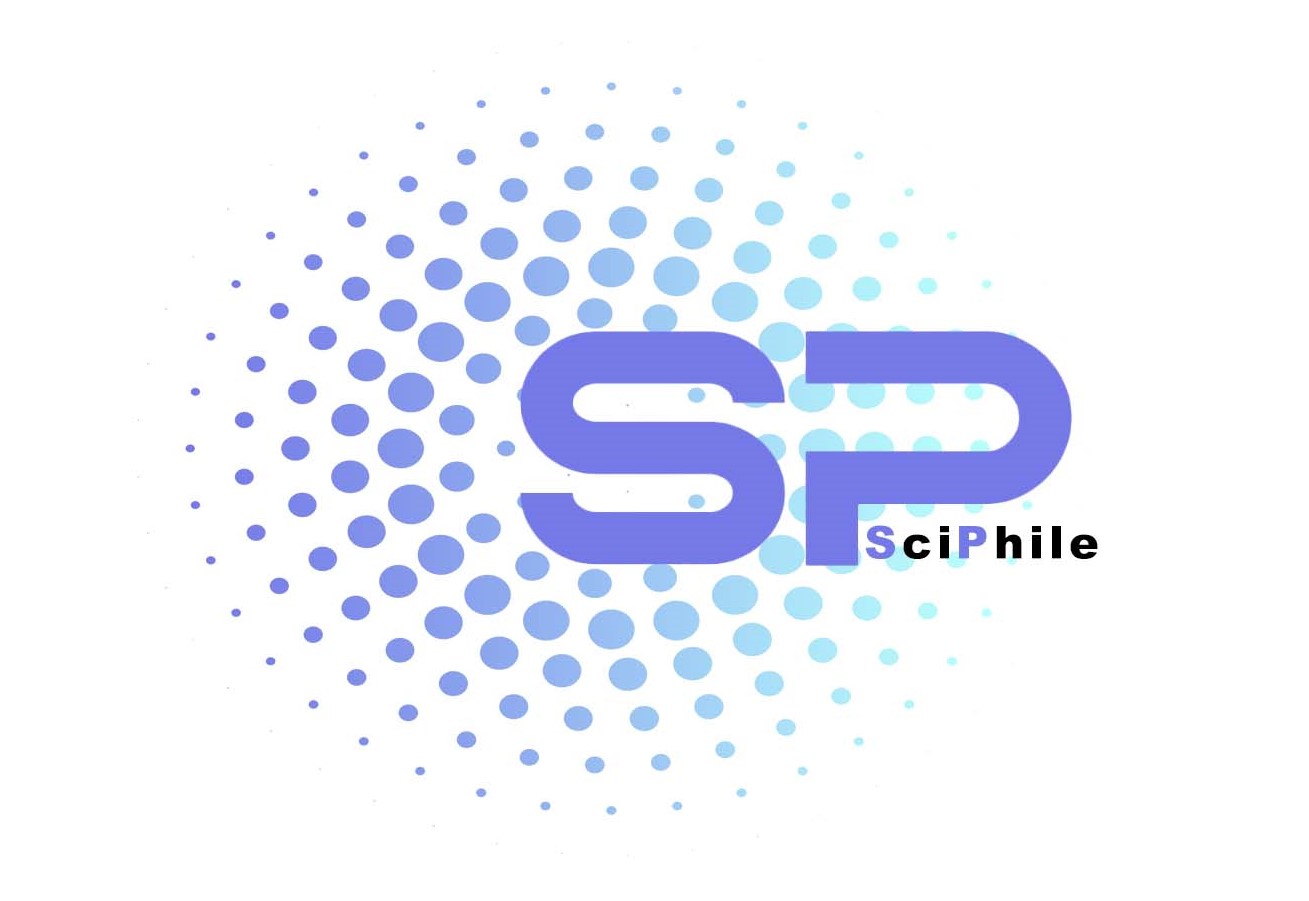اثرات متمایز تمرینات هوازی و مقاومتی بر سطوح آیریزین و بیان ژنهای التهابی TGF-β، NF-κB و SIRT1 در لنفوسیتهای رودهای موشهای مسن
کلمات کلیدی:
التهاب روده, TGF-β, NF-κB, SIRT1, آیریزین, تمرین هوازی, تمرین مقاومتیچکیده
این مطالعه با هدف بررسی تأثیر تمرینات هوازی و مقاومتی بر سطوح آیریزین و بیان ژنهای التهابی TGF-β، NF-κB و SIRT1 در لنفوسیتهای رودهای موشهای سالمند انجام شد تا راهکارهای غیرتهاجمی برای کاهش التهاب رودهای در سالمندی مورد ارزیابی قرار گیرد. در این کارآزمایی آزمایشگاهی، 32 موش صحرایی نر مسن نژاد ویستار (18 ماهه) به چهار گروه کنترل سالم (Ct)، سالمند بدون تمرین (Aged)، سالمند با تمرین هوازی (Aero) و سالمند با تمرین مقاومتی (Res) تقسیم شدند. پروتکلهای تمرینی به مدت 8 هفته (5 روز در هفته) اجرا شدند؛ گروه هوازی با شدت متوسط (سرعت 12 متر بر دقیقه، تا 56 دقیقه) و گروه مقاومتی با وزنههای فزاینده (5% تا 40% وزن بدن، 8 صعود در جلسه) تمرین کردند. بیان ژنها با تکنیک Real-Time PCR و سطوح آیریزین با کیت ELISA اندازهگیری شد. دادهها با نرمافزار SPSS تحلیل شدند؛ از آزمون ANOVA دوطرفه برای بررسی اثرات اصلی گروهها و نوع تمرین، آزمون توکی برای مقایسههای زوجی، و آزمون t-test مستقل برای مقایسه مستقیم گروه هوازی و مقاومتی استفاده شد (p < 0.05). بیان ژن TGF-β در گروه Aged نسبت به Ct افزایش یافت (P < 0.001). اما در هر دو گروه تمرینی کاهش معنیدار نشان داد (Aero: 17%؛ Res: 22%؛ P < 0.05). بیان NF-κB نیز در گروه Aged افزایش یافت P < 0.001)) و در گروههای تمرینی کاهش یافت (Aero: 36%؛ Res: 40%؛ P < 0.001). بیان SIRT1 در گروه Aged کاهش یافت (P < 0.001) و در گروههای تمرینی افزایش یافت (Aero: 50%؛ Res: 67%؛ P < 0.001). تفاوت بین Aero و Res برای هر سه ژن معنادار نبود (P > 0.05). سطوح آیریزین در هر دو گروه تمرینی افزایش یافت، اما تفاوت بین آنها معنادار نبود (P > 0.05). تمرینات هوازی و مقاومتی میتوانند التهاب رودهای را در سالمندی کاهش داده و سلامت روده را بهبود بخشند. تمرین مقاومتی اثرات قویتری نشان داد، هرچند تفاوتها معنادار نبود. پیشنهاد میشود تمرینات مقاومتی و هوازی در برنامههای ورزشی سالمندان ادغام شوند تا اثرات ضدالتهابی بهینهای حاصل گردد.
مراجع
Adilakshmi, P., Suganthi, V., Rao, K. S., & Mahendran, K. B. (2023). Effect of high-intensity resistance training versus endurance training on irisin and adipomyokine levels in healthy individuals: an 8-week interventional study. Cureus, 15(10). https://doi.org/10.7759/cureus.46483
Al-Nimer, M. S. M. (2024). Interaction between inflammatory bowel disease, physical activity, and myokines: Assessment of serum irisin levels. World Journal of Gastroenterology, 30(22), 2923-2926. https://doi.org/10.3748/wjg.v30.i22.2923
Aya, V., Jimenez, P., Muñoz, E., & Ramírez, J. D. (2023). Effects of exercise and physical activity on gut microbiota composition and function in older adults: a systematic review. BMC Geriatrics, 23(1), 364. https://doi.org/10.1186/s12877-023-04066-y
Cart, C., & Pauling, L. (2025). The Gut Microbiome Response to Exercise. Practitioner. http://www.ifm.org/articles/the-gut-microbiome-response-to-exercise
Chen, J., Jia, S., Xue, X., Guo, C., & Dong, K. (2025). Gut microbiota: a novel target for exercise-mediated regulation of NLRP3 inflammasome activation. Frontiers in microbiology, 15, 1476908. https://doi.org/10.3389/fmicb.2024.1476908
Das, S., Mukherjee, T., Mohanty, S., Nayak, N., Mal, P., Ashique, S., & Sharma, H. (2025). Impact of NF-κB signaling and Sirtuin-1 protein for targeted inflammatory intervention. Current Pharmaceutical Biotechnology, 26(8), 1207-1220. https://doi.org/10.2174/0113892010301469240409082212
Goodarzi, F., Nikbakht, H., Abed Natanzi, H., Ebrahim, K., & Ghazalian, F. (2020). Comparison of the effects of aerobic and resistance training on oxidative indices and TGF-β in the cardiac tissue of aged mice. Razi Journal of Medical Sciences, 27(3), 93-102. https://journals.sbmu.ac.ir/en-jnm/article/download/33437/26723/
Horn, M. A. T. A. (2016). Aging and the cardiac collagen matrix: Novel mediators of fibrotic remodeling. Journal of molecular and cellular cardiology, 175, 175-185. https://doi.org/10.1016/j.yjmcc.2015.11.005
Hu, X., Wang, Z., Wang, W., Cui, P., Kong, C., Chen, X., & Lu, S. (2024). Irisin as an agent for protecting against osteoporosis: A review of the current mechanisms and pathways. Journal of Advanced Research, 62, 175-186. https://doi.org/10.1016/j.jare.2023.09.001
Iwamoto, J., & Takeda, T. I. S. (2001). Effect of exercise training and detraining on bone mineral density in postmenopausal women with osteoporosis. Journal of Orthopaedic Science, 6(2), 128-132. https://doi.org/10.1007/s007760100059
Khodaverdi, H., Aghaei Bahmanbegloo, N., Rezaei-Shirazi, R., & Shadmehri, S. (2023). The effect of resistance training on muscle volume through regulation of proteins involved in the autophagy cellular pathway in aged rats. Daneshvar Medicine, 31(6), 75-83. https://daneshvarmed.shahed.ac.ir/article_4384_f452c3411a48044581e5b468c78430cf.pdf
Kim, H. J., Kim, Y. J., & Seong, J. K. (2025). Mouse models for metabolic health research: Molecular mechanism of exercise effects on health improvement through adipose tissue remodelling. Journal of Physiology, 603(2), 245-256. https://doi.org/10.1113/JP285975
Lopes, H. M., Nogueira, M. A., Alves, M. C., Carvalho, R. O., Cano, A. C. S., Soares, V. C., Izidorio, F. T., Pereira, J. D. S., Salvá, M. A., & Alves, T. V. (2024). Gut microbiota and skeletal muscle axis in sports performance through nutrological activation of irisin and microRNAs: A systematic review. International Journal of Nutrology, 17(3). https://doi.org/10.54448/ijn24303
Qiu, X., Lu, P., Zeng, X., Jin, S., & Chen, X. (2023). Study on the mechanism for SIRT1 during the process of exercise improving depression. Brain Sciences, 13(5), 719. https://doi.org/10.3390/brainsci13050719
Raeisi, J., Rajabi, H., Ghaedi, K., Marandi, S. M., Asadi Samani, Z., & Kazemi Nasab, F. (2015). The effect of 8 weeks of resistance training on plasma irisin levels and FNDC5 and UCP1 gene expression in the muscle and adipose tissue of male rats. Sport Physiology, 7(28), 117-130. https://spj.ssrc.ac.ir/article_592.html
Sun, Y., Wang, Y., Lin, Z., Zhang, F., Zhang, Y., Ren, T., & Lin, P. (2024). Irisin delays the onset of type 1 diabetes in NOD mice by enhancing intestinal barrier. International Journal of Biological Macromolecules, 265, 130857. https://doi.org/10.1016/j.ijbiomac.2024.130857
Uchida, M., Fujie, S., Yano, H., & Iemitsu, M. (2023). Aerobic exercise training‐induced alteration of gut microbiota composition affects endurance capacity. The Journal of physiology, 601(12), 2329-2344. https://doi.org/10.1113/JP283995
Wang, Z., Li, L., Yang, M., Li, B., & Hu, S. (2025). From Skeletal Muscle to Myocardium: Molecular Mechanisms of Exercise-Induced Irisin Regulation of Cardiac Fibrosis. International Journal of Molecular Sciences, 26(8), 3550. https://doi.org/10.3390/ijms26083550
Yazdannesab, N., Harmati, A., Valizadeh Oranj, A., & Ebrahimi Bastami, R. (2023). A review of the effects of sports activities on the gut microbiome of older individuals Ardabil, Iran. https://civilica.com/doc/1954678/
Zhao, Z., Zhu, Y., & Wan, D. (2025). Exercise and tissue fibrosis: recent advances in therapeutic potential and molecular mechanisms. Frontiers in Endocrinology, 16, 1557797. https://doi.org/10.3389/fendo.2025.1557797

دانلود
چاپ شده
ارسال
بازنگری
پذیرش
شماره
نوع مقاله
مجوز
حق نشر 2025 مریم اسمعیلی سیرچی (نویسنده); جمشید بنایی بروجنی; حسین مجتهدی, لیلا صرامی (نویسنده)

این پروژه تحت مجوز بین المللی Creative Commons Attribution-NonCommercial 4.0 می باشد.









